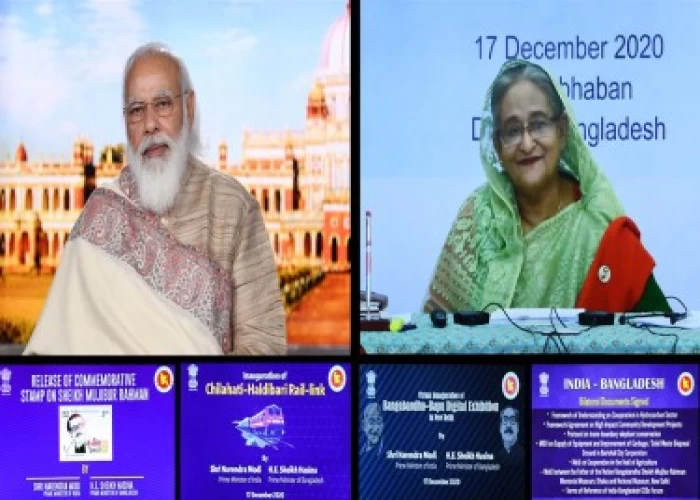
New Delhi: The bilateral relations between India and Bangladesh have become much more resilient in the recent past, which shows New Delhi’s commitment towards its ‘Neighbourhood First’ policy. “Bangladesh is a major pillar of our ‘Neighborhood First’ policy. From the very first day, strengthening and development of relations with Bangladesh has been a special priority for me,” said Prime Minister Narendra Modi during a virtual summit held with his Bangladesh counterpart Sheik Hasina here on December 17, 2020.
He said that India and Bangladesh had good cooperation in this difficult time. Whether it be medicines or medical equipment, or working with health professionals. “We are also having good cooperation in the field of vaccines. We will also take special care of your needs in this regard. Other than health, this year our special partnership has been steadily advancing in other areas as well. We reduced hurdles in land border trade, expanded connectivity between the two countries, and added new means,” said Modi.
India shares 4096 km (Assam-262 km, Tripura-856 km, Mizoram- 18 km, Meghalaya-443 km, West Bengal-2,217 km) long land boundary with Bangladesh, earlier East Pakistan. This entire stretch is protected by the Border Security Force (BSF). The world’s largest border guarding force, the BSF in all secures 6,386.36-km long International Borders (IB) with Pakistan and Bangladesh.
According to an official statement, Prime Minister Modi and Prime Minister Hasina expressed satisfaction over the current state of bilateral relations based on shared bonds of history, culture, language, and other unique commonalities that characterize the partnership. They emphasized that relations between Bangladesh and India are based on fraternal ties and reflective of an all-encompassing partnership based on sovereignty, equality, trust and understanding that transcends a strategic partnership.
Reiterating the highest priority India attaches to Bangladesh under India’s Neighbourhood First Policy, Prime Minister Modi assured that vaccines would be made available to Bangladesh as and when produced in India. India also offered collaboration in therapeutics and partnership in vaccine production. Bangladesh appreciated India’s conducting capacity building courses for medical professionals in Bangla language.
Noting that the year 2021 will be historic in India Bangladesh bilateral relations as they would be commemorating the fiftieth anniversary of the Liberation War and the establishment of diplomatic relations between India and Bangladesh, the two leaders also agreed to jointly organize several activities to commemorate these two epochal events in India, Bangladesh and third countries.
India and Bangladesh also agreed to hold an early meeting of the Joint Boundary Conference to prepare a new set of strip maps along the stretch of Icchamati, Kalindi, Raimongol and Hariabhanga rivers from Main Pillar 1 to Land Boundary terminus, with a view to finalizing the delineation of the boundaries as fixed. It was agreed to carry out necessary work to convert the International Boundary along Kuhsiyara river into a fixed boundary.
Both leaders agreed to facilitate completion of border fencing at all pending sectors at the international border between both the countries at the earliest beginning from Tripura (India)-Bangladesh sector. They also agreed that loss of civilian lives at the border is a matter of concern and directed the border forces concerned to enhance coordinate measures to work towards bringing such border incidents to zero.
The leaders stressed on full implementation of the ongoing Coordinated Border Management Plan. Both sides noted with satisfaction the recent stepped-up efforts of the two border guarding forces against smuggling of arms, narcotics and fake currency and to prevent trafficking, particularly of women and children.
Noting that Bangladesh and India were prone to frequent natural disasters, the two leaders directed officials on both sides to expeditiously conclude the MoU in the area of disaster management cooperation. Recognizing that terrorism remains a threat to global peace and security, both sides reiterated their strong commitment to eliminating terrorism in all its forms and manifestations.
Both sides emphasized simplifying people to people movement between the two countries. The Bangladesh side requested for early implementation of India’s commitment to remove remaining restrictions on entry/ exit from land ports in India for Bangladeshis travelling on valid documents in a phased manner, beginning with checkpoints at Akhaura in Tripura and Ghojadanga in West Bengal.
Prime Minister Hasina appreciated the Duty Free and Quota Free access given to Bangladeshi exports to India under SAFTA since 2011. The two leaders also emphasized on addressing issues of non-tariff barriers and trade facilitation including port restrictions, procedural bottlenecks and quarantine restrictions so that both countries can take full advantage of SAFTA flexibility. The Bangladesh side requested that as India’s export of essential commodities to Bangladesh are an important factor influencing their domestic market and any amendments in export-import policy of the Government of India may be conveyed in advance.
The two Prime Ministers noted with satisfaction the continued progress made towards the restoration of pre-1965 railway linkages between both nations. They jointly inaugurated the newly restored railway link between Haldibari (India) and Chilahati (Bangladesh) and noted that this rail link will further strengthen trade and people to people ties between the two sides. It was decided to operationalize the train as and when the COVID-19 situation improves.
The Bangladesh Prime Minister expressed keen interest in the ongoing India Myanmar Thailand trilateral highway project and sought support of India for enabling Bangladesh to connect with this project with a view to enhance connectivity between the regions of South and SouthEast Asia. In the same spirit, the Indian side requested Bangladesh to allow connectivity from West Bengal (Hilli) to Meghalaya (Mahendraganj) via Bangladesh.
Bangladesh requested India to inform its concerned border authorities to allow excavation work of the remaining portion of the Rahimpur Khal for utilization of Kushiyara River waters for irrigation purposes. The Indian side was also requested to provide early concurrence on the proposed MoU to be signed between the two countries for monitoring the withdrawal of water from the Kushiyara River by both the sides, pending signing of the treaty or agreement regarding sharing of water of the Kushiyara River.
The two countries agreed to continue working together towards achieving early reforms of the UN Security Council, combating climate change, attainment of the Sustainable Development Goals (SDGs) and protection of the rights of migrants. Both Prime Ministers reaffirmed the need for developed countries to fulfill their commitments under the Global Partnership for ensuring the means of implementation of the SDGs as enshrined in the Agenda 2030. /BI/


_270_x_189.webp)
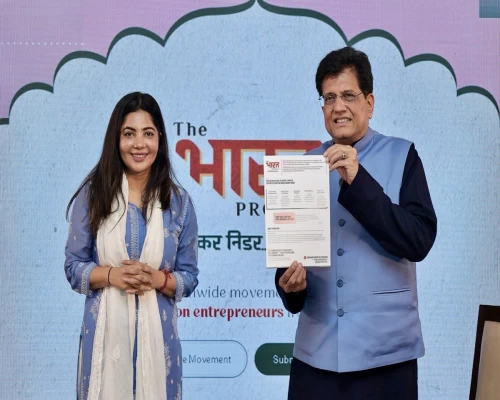
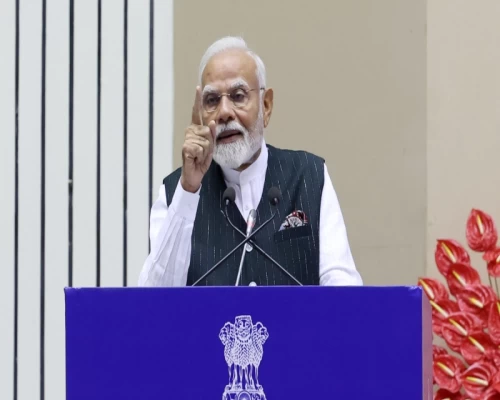

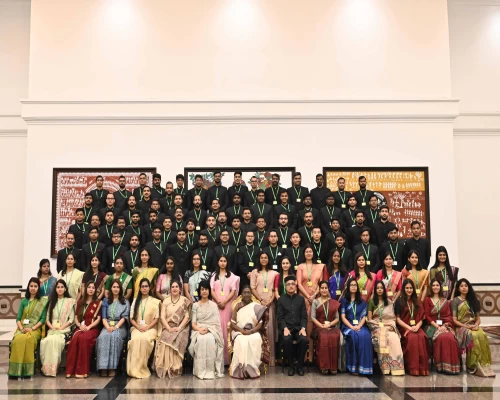
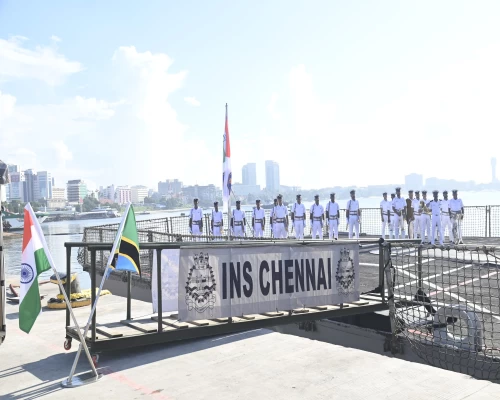
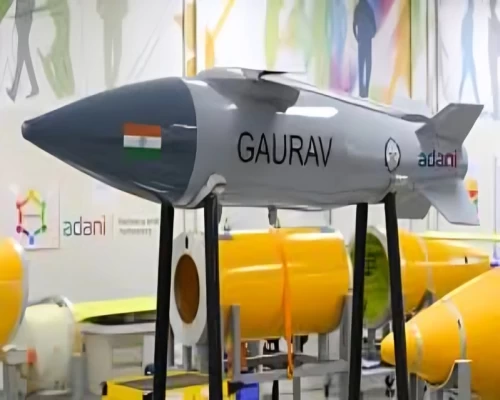
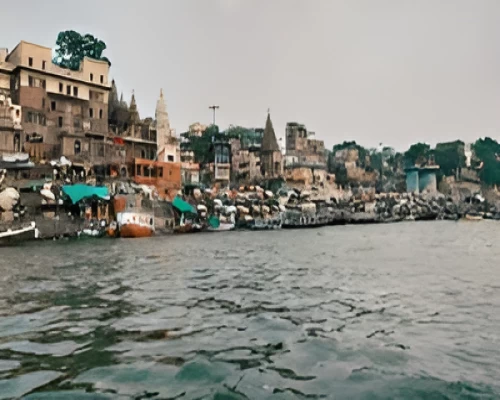
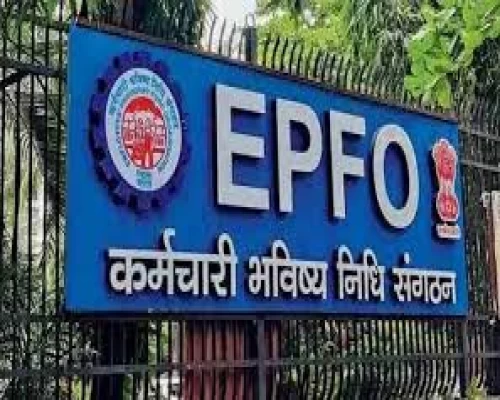
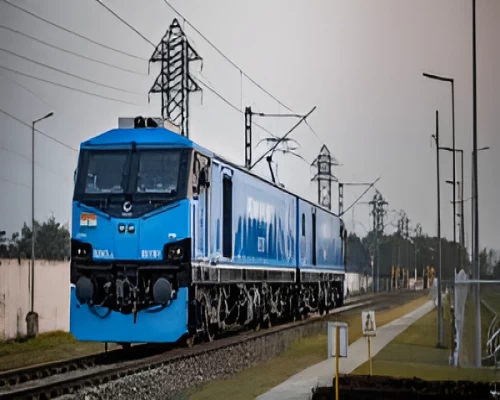
_500_x_400.webp)